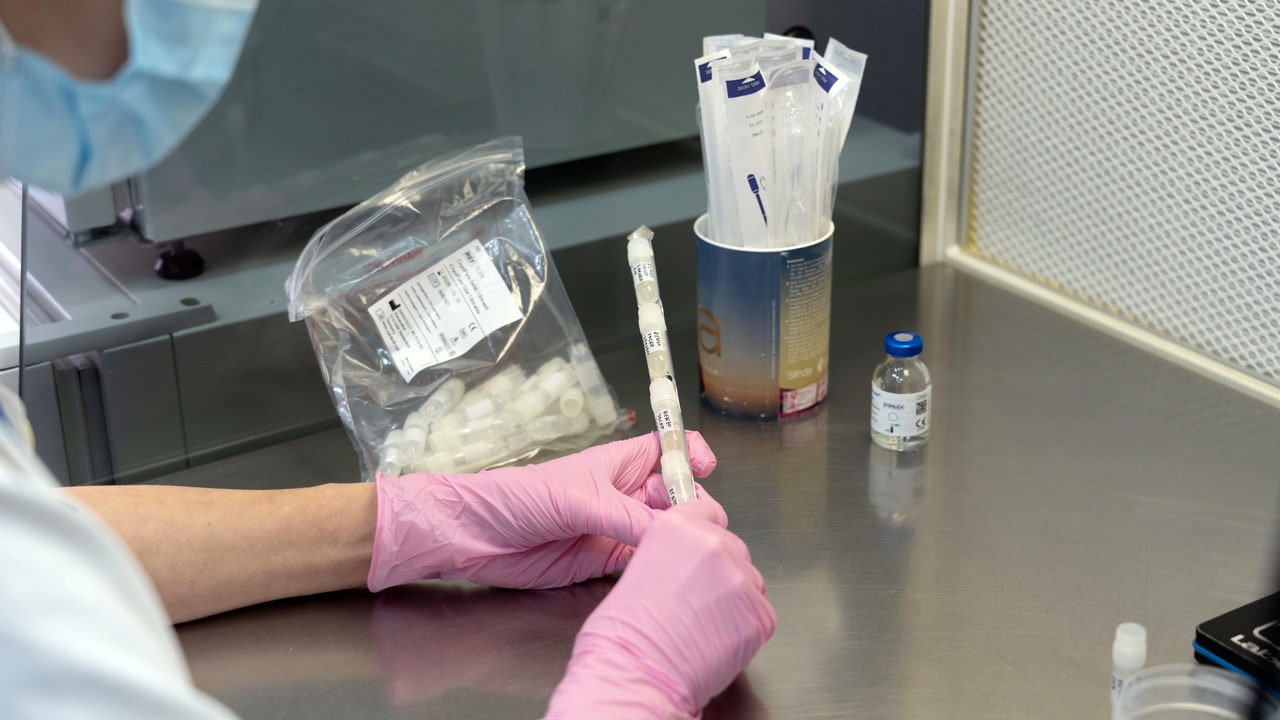Vaccination after defeating Covid increases the time it takes for a person to become infected again

Get vaccinated against Covid as soon as the disease passes, from the first dose, but especially if this is done in a complete regimen of two or three reduces the risk of re-infection by 65, 83 and 95 percent, accordingly, and increases the time it takes for a person to become reinfected, according to a study conducted by researchers from Valladolid.
This study, carried out by a team of microbiologists from the University Hospital of Valladolid and the WHO Influenza Center in Valladolid, showed that vaccination in those patients who have had Covid-19 reduces the risk of reinfection compared to those who have not had the disease. vaccinated
The study, conducted on 746 patients with a history of covid reinfection, assessing the dates of infection and reinfection, as well as their vaccination status (date and number of doses), was to determine whether hybrid immunity (infection + vaccination) was affected. by time of vaccination and number of doses received.
Sources at the Ministry of Health of Castile and León recall in a statement that, in the context of the accumulated experience with SARS-CoV-2, the causative agent of Covid, there was The existence of reinfections has often been described, i.e.Even in vaccinated patients.
In addition, it has been shown that, as with influenza viruses, this betacoronavirus is evolving vaccines need to be updated regularly.
However, as the study points out, the COVID-19 pandemic also brought anti-vaccination currents into the spotlight, and after the pandemic ended, “vaccine fatigue” emerged, with decreased adherence to both Covid and influenza vaccinations.
Investigation by Valladolid experts focused on those 746 patients who had a history of reinfection with COVID-19, assessment of dates of infection and reinfection, as well as their vaccination status (date and number of doses).
This is necessary to assess differences in time to reinfection (tRI) between unvaccinated, vaccinated before 6 months and after; and comparison of one, two or three doses (incomplete, complete and booster).
Among their contributions, it is worth highlighting that tRI was significantly higher in vaccinated compared to unvaccinated; vaccination with a full and revaccination schedule significantly increases tRI; vaccination increases the time required for a person to become reinfected with SARS-CoV-2; Additionally, a greater reduction in the risk of reinfection is observed if doses are administered after 6 months of infection.
On the other side, The results show that while an incomplete treatment regimen (one dose) reduces the risk of reinfection by 65 percent, cWhen using the full regimen (two doses) and the “booster” (three doses), there was a reduction of 83 and 95 percent, respectively.
This study was conducted in a real-world population between March 2020 and April 2022, using data from molecular diagnostics performed during the pandemic and patient vaccination records, through a collaboration between the National Influenza Center and the University Microbiology Service. Clinical Hospital of Valladolid with the support of the Rey Juan Carlos University.
During the study period, different variants (original, alpha, delta and omicron) circulated. and the vaccines have not yet been updated, so it is possible that current vaccines provide greater risk reduction.
The same sources emphasized that the contributions collected during the study emphasize the importance of maintaining the vaccination strategy against SARS-CoV-2especially in vulnerable patients